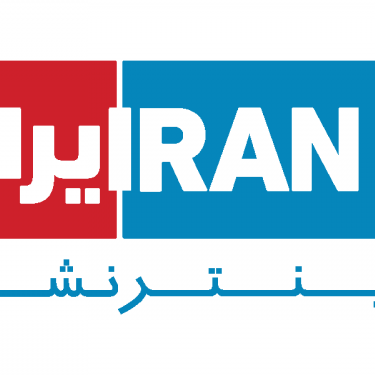Court case and ITV investigation reveal tactics used by Iran to silence UK-based journalists : RSF calls on Iran to stop targeting journalists at home and abroad

New details about Iranian plots against journalists working in London reveal the shocking tactics used by Iran to silence critical voices. Reporters Without Borders (RSF) calls on the Iranian authorities to immediately stop targeting news organisations, and on the UK government to do everything it can to hold Iran to account and ensure the safety of Iranian journalists.
On 20 December, a Chechen-born Austrian citizen who was found spying on London-based channel Iran International in February, was found guilty of collecting information “likely to be useful to a person committing or preparing an act of terrorism”. Prosecutors said Magomed-Husejn Dovtaev, 31, had covertly filmed the channel’s offices to identify vulnerabilities in security that could be exploited by others. He will be sentenced on 22 December.
Separately, an investigation by UK broadcaster ITV News revealed that Iranian spies offered a people-smuggler $200,000 to target the Iran International site with a car bomb. When that plan became too difficult, they decided to target two presenters instead, intending to stab them so that others working for the channel would “learn a lesson”.
Iran has labelled Iran International an enemy of the Islamic Republic and said anyone connected to the channel will be viewed as a threat to national security. Threats to its UK-based journalists became so serious that in February, British police advised the channel to cease broadcasting until it could relocate to a more secure location. It only resumed broadcasting in September.
“Information revealed in court and by ITV confirms what we already know at RSF: Iran will stop at nothing to intimidate journalists, abroad just as at home. It is good news that these particular plots were foiled, but they won’t be the last. The UK government must step up efforts to stop Iran’s brazen attacks and ensure adequate safeguards are in place to protect journalists.”
Iran has long targeted journalists abroad, using a range of online and offline tactics, including direct physical attacks, economic sanctions, online abuse, and the harassment of family members. RSF has documented an increase in the level of threat since 2022, when the death of Mahsa Amini and subsequent protests put Iran – and news media covering it – in the international spotlight.
London is a particular hotspot for intimidation, because it is home to several major Persian-language broadcasters. Journalists from Iran International, BBC Persian and Manoto TV, as well as exiled Iranians working for smaller publications, have all been subjected to unacceptable abuse and intimidation.
The use of third parties, often from criminal gangs with no obvious connection to Tehran, is a known tactic of Iran’s. ITV News' investigation, however, traced the plot against Iran International back to Iran’s Islamic Revolutionary Guard Corps (IRGC) and said it was commissioned from Damascus. The plot was ultimately foiled because the people-smuggler was passing information to an unnamed Western security agency.
Iran International said the conviction of Dovtaev sent a clear message that threats against journalists would not be tolerated. “Our journalists will continue to provide the independent, uncensored news the people of Iran deserve,” Iran International spokesman Adam Baillie said. “We are grateful to the Metropolitan Police for all they do to ensure our safety.”
